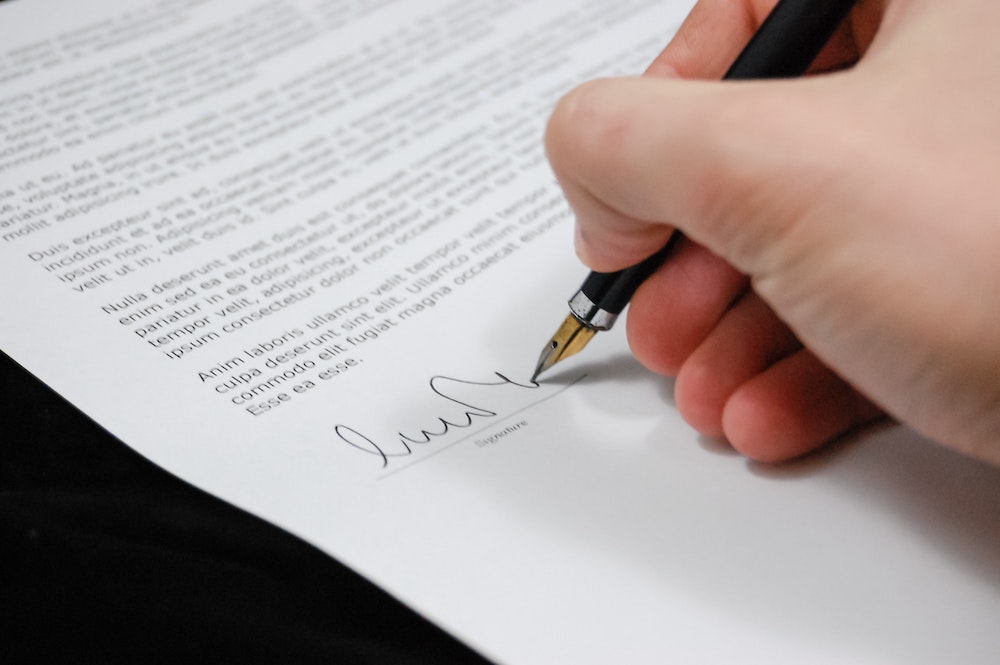GET IN TOUCH
Please contact us for more information. Our email is monitored seven days a week and we will get back to you shortly.

In British Columbia, will writers have many options to structure their estate in ways that suit them and their beneficiaries. In previous articles, we’ve covered the basics inter-vivos gifting and the use of trusts to minimize probate fees. This strategy can help increase the ultimate value of beneficaries’ inheritances. Unfortunately, some will writers use these tools in an attempt to subvert the requirements of the law, inadequately providing for their spouse and children. In some cases, will writers go through the effort to empty all the assets from their estate using these tools. This is often in an attempt to prevent the disinherited children or spouse from making a claim against the estate. In this article, we’ll cover one approach available to claimants in this uncomfortable position: the good conscience constructive trust.
Rather than a will writer expressly creating a constructive trust, the law imposes it. Many circumstances may prompt the courts to impose a constructive trust over assets or funds. A constructive trust arises, for example, when someone receives funds intended for another person. The person receiving the funds becomes a trustee, holding the assets for the rightful owner, the beneficiary. They should not spend funds intended for someone else.

Case law in British Columbia has developed the good conscience constructive trust over many years. It is useful when a beneficiary has a statutory right to an asset, but lacks an effective legal remedy to satisfy that right.
To demonstrate, imagine Person A is a will writer who decides to leave the entire value of their estate to their new partner, Person B, disinheriting their child, Person C. Will writers have a statutory obligation to provide for their spouse and children in their will. There are very few scenarios that allow for the total disinheritance of children.
Under the Wills, Estates, and Succession Act, Person C can make a claim against the estate. The courts are able to change the will to give Person C a share of the estate’s assets. However, if Person A opted to leave all or most of their estate assets to Person B in the form of gifts, there are no assets for the Court distribute to Person C. In this case, the Courts can employ a good conscience constructive trust.
In these circumstances, it’s clear that the will writer has deliberately used inter-vivos gifting or trust accounts to subvert the purpose of the law. Obviously, person B has benefitted from the unfair exclusion of Person C, who has a legal and equitable right to a reasonable portion of the assets. The Supreme Court of Canada recognized in Soulos v. Korkontzilas (1997) that constructive trusts can be imposed not just by standard operation of the law, but where a court finds that good conscience requires it. Disputes concerning unjust enrichment or breach of trust or fiduciary duty are not the only situations where constructive trusts apply. Generally, the Court will look for the following criteria to determine if a good conscience constructive trust is appropriate including:
If the Court finds the imposition of a constructive trust on the basis of good conscience is appropriate, the equitable remedy is usually very simple. The courts will act as if it the assets had not been removed from the estate, and re-divide the assets proportionately as if the dispute was a standard wills variation claim on the basis of an unfair disinheritance.
Finally, if the assets had not been removed from the estate, the courts would re-divide the assets proportionately, treating the dispute as a standard wills variation claim based on unfair disinheritance. Above all, the courts in British Columbia have demonstrated a willingness to impose equitable remedies for wills variation claims where the law doesn’t satisfy a claimant’s rights to estate assets. If you think you have been unfairly disinherited, or are facing circumstances similar to those discussed in this article, contact an experienced estate lawyer today.
Have a question about this topic or a different legal topic? Contact us for a free consultation. Reach us via phone at 250-888-0002, or via email at info@leaguelaw.com.